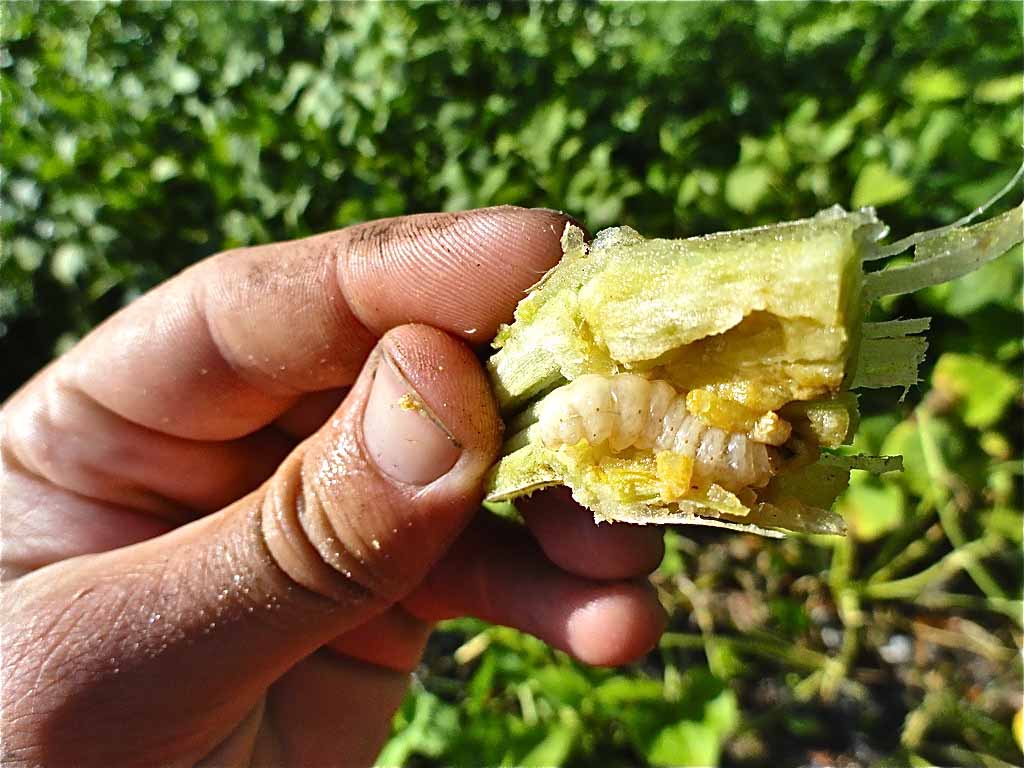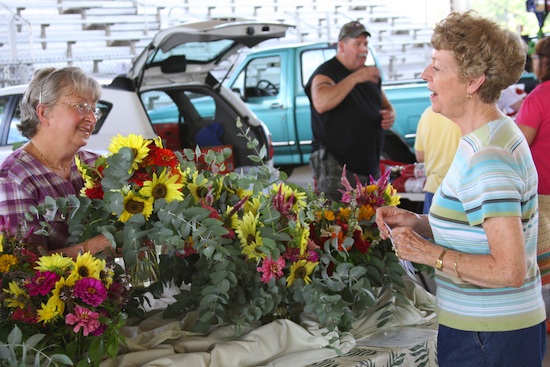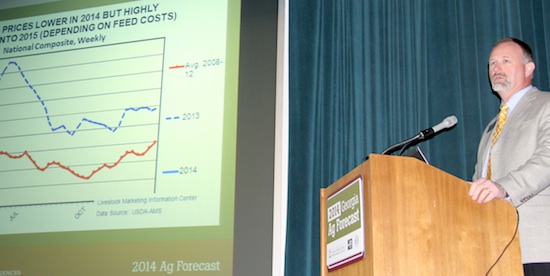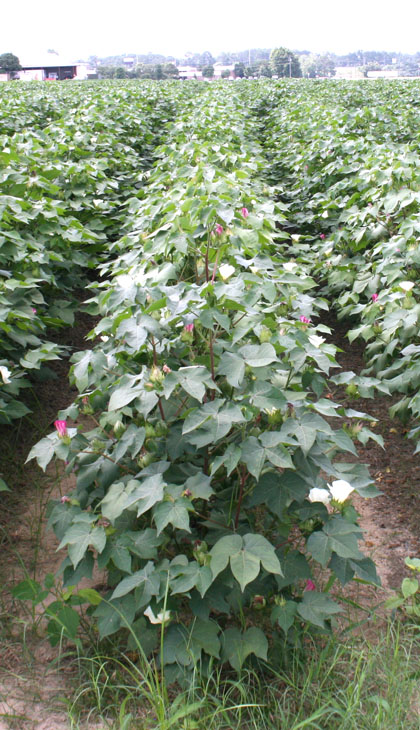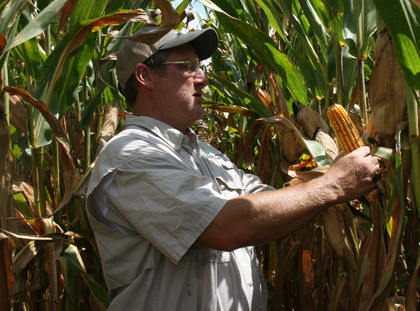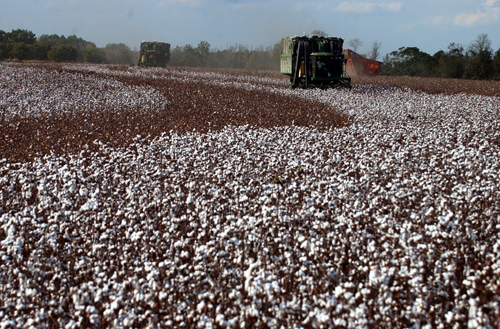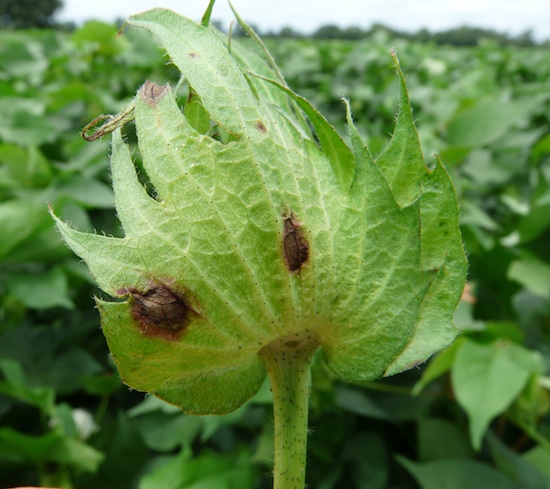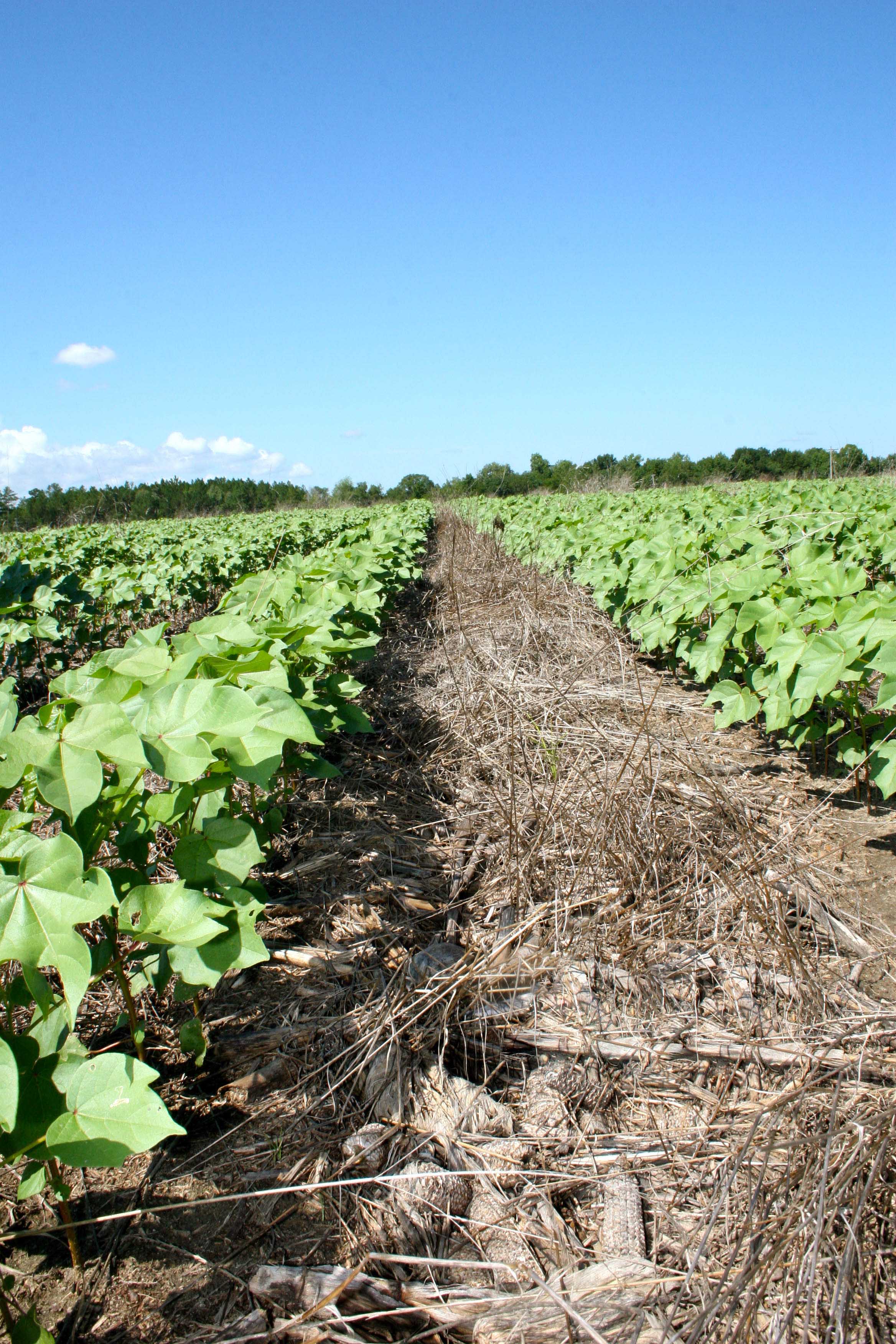 CAES News
CAES News
Conservation Tillage
University of Georgia Extension water resource specialist Gary Hawkins is a devoted advocate of conservation tillage, but not for the typical reason. He appreciates its soil-building qualities, but what won his support is the water resources it saves.

